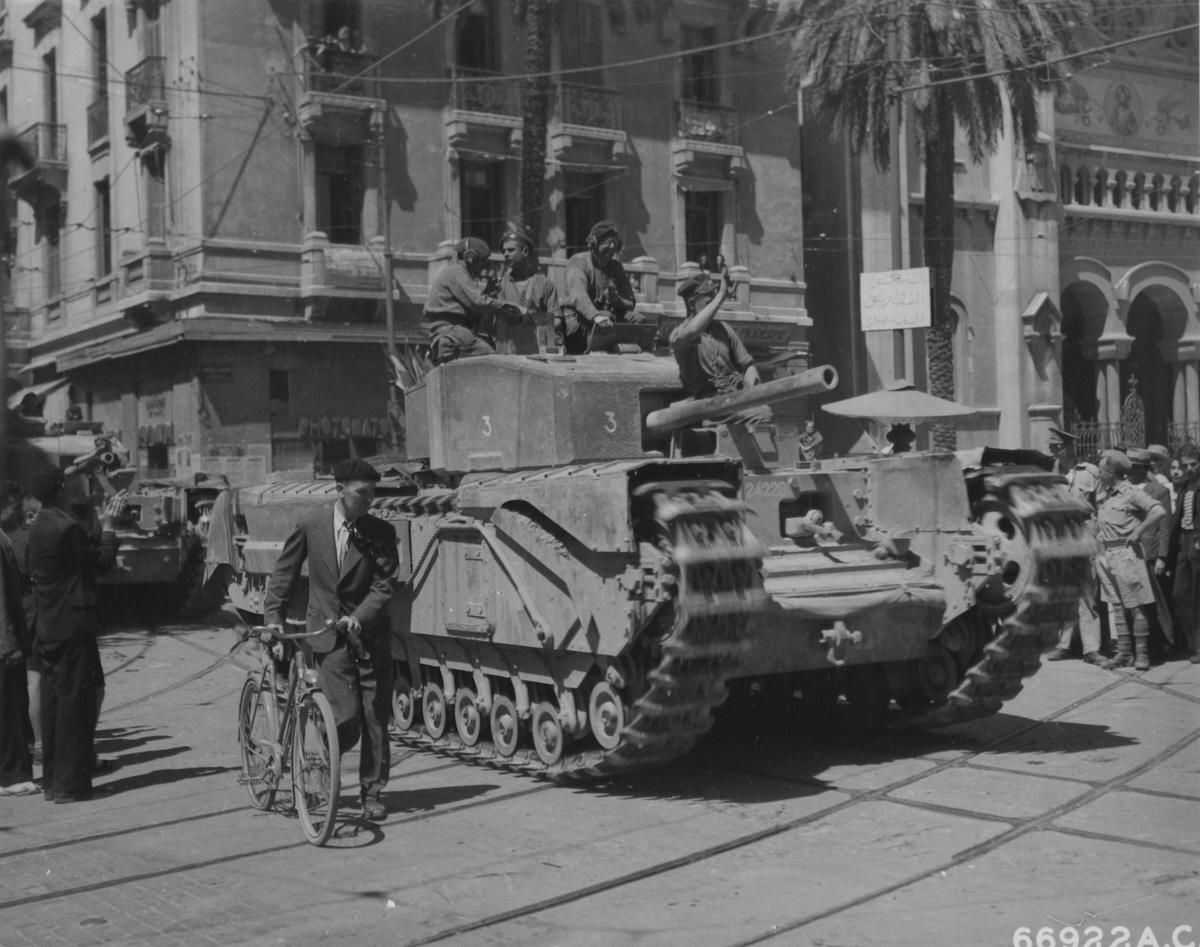The End of the French Empire in North Africa
Signed at the height of the Second World War, the Atlantic Charter set out the terms for the decolonisation of French North Africa.

On 9 August 1941 President Franklin D. Roosevelt and Prime Minister Winston Churchill met aboard the HMS Prince of Wales in Little Placentia Sound just off the south-east coast of Newfoundland. Britain had been at war for nearly two years, but the conflict had been transformed by the Nazi invasion of the Soviet Union on 22 June. So, even if the US was not yet in the war – the Japanese attack on Pearl Harbor was still five months away – both leaders saw the summit as a turning point in the unfolding conflict.
